Synthetic DNA-based data storage has been on the rise as a candidate for Data Storage due to its longer shelf life and higher data density. This technology is expected to tackle the ever-increasing demand for cold storage and reduce energy consumption of data-centers to preserve information over long periods of time. In 2021, Lenovo and IPT joined the race towards DNA synthesis for data storage application. In regards to the traditional chemical method, the established “base-by-base” synthesis promises the highest information density on short length DNA strands. To make this technology viable, it is imperative to build a microscale system with lower reagent consumption and faster cycle time when compared to DNA synthesizers for the biotechnology industry. Moreover, adding electronically-controlled selectivity to the process is the way to allow a first degree of parallelization and increased throughput to be compatible with current LTO-tape standards. An alternative to the use of harsh chemicals on the aforementioned method is the DNA synthesis using enzymes. Although it is a more recent and less-established technology, interest has grown due to the storage rate perspectives - resembling how fast DNA strands are replicated in cells. Other interesting feature with enzymes is the possibility of building long ternary sequences. Similar to the chemical method, a microfluidic platform is needed to reduce reagent consumption, alongside control for optimal enzymatic activity with thermal control. This presentation offers insights towards the use of bit-to-DNA writing machines in the data centers of the future. Facility requirements, challenges of using microfluidic platforms and technical overview will be provided. The knowledge shared here will contribute to path the way we envisioned the deployment and use of the DNA Data Storage technology
Bit-to-DNA Writing Machines: a Microfluidic Platform and Future Data Center Operation Overview
Mon Sep 18 | 10:35am
Location:
Salon IV
Abstract
Learning Objectives
- Usage of bit-to-DNA writing machines
- DNA synthesis on microfluidic platforms
- Deployment of DNA Data Storage technology into future data centers
---
Henrique Reis Wisinewski
Institute for Technological Research
- Bruno Marinaro VeronaInstitute for Technological Research
Related Sessions












